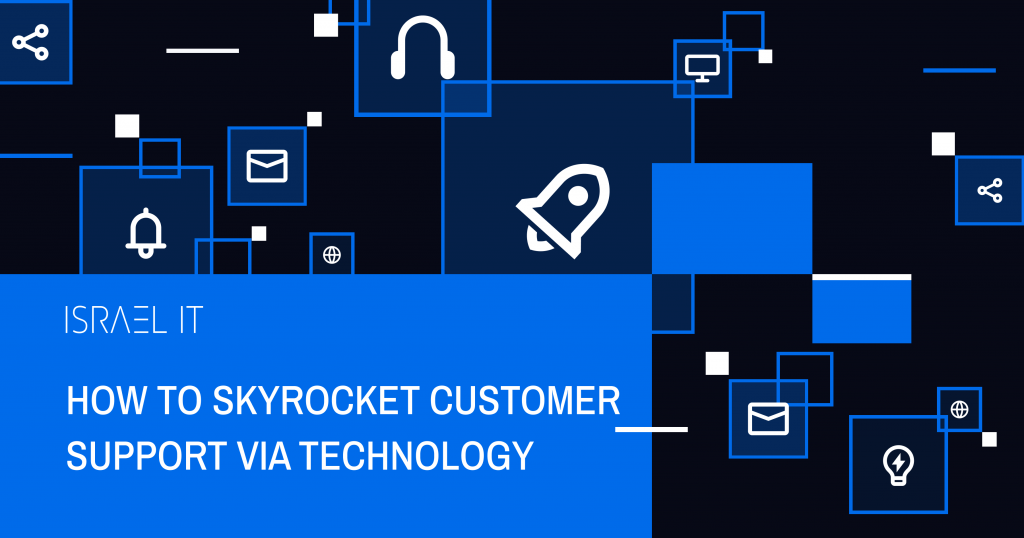Despite the widespread awareness of cyberattacks and their consequences, more cases of hacking continue to be reported daily. One study shows that one out of every five businesses has fallen victim to cyber-attacks. With these grim stats, as a business owner, you have to prevent website hacking for your business by adopting better security measures and procedures.
Considering data is the core of every enterprise and clients are the reason we grow. There is a need for better and advanced techniques to prevent business website hacking. Hackers use sophisticated techniques to find any security vulnerabilities to exploit them thus compromising the quality of your data.
Cushion your business from the malicious activities of cyber hackers by following the tips below.
Tips to Prevent Website Hacking
1. Think Like a Hacker
When you think and reason like a hacker, you can prevent business website hacking as you can figure out how hackers operate. You can prevent website hacking, by sealing off all the loopholes hackers might exploit to illegally access your site.
To prevent business website hacking include a cybersecurity policy that allows your systems to recover from hacking events that were not detected. A hacker will look for any security loopholes in your business and take advantage of them. Protect your backup files in different servers and cloud systems to help in the recovery process.
Thinking like a hacker means monitoring and updating the website regularly to measure up to the required standards of data security technology. Always ensure you are one step or more ahead of them. Implement advanced technologies that will counter hackers’ technologies to prevent hacking.
2. Take Precaution before Accepting File Uploads
Having no regulations on what files are uploaded and who uploads them puts your business website at risk of cyberattacks. One may misuse the freedom and upload malicious and large files or files that overwrite existing ones making the website vulnerable.
To prevent business website hacking give,
- Specifications on the type of files you will accept
- Verify the files
- State the maximum file sizes accepted and
- Provide automatic file renaming after uploading
Set up security permissions, policies, and protocols that control the accessibility of the website to the public. Only those who have the required permissions can log into your site. Monitor users and note any deviations from the normal activities to prevent hacking.
4. Password Safety
A safe password can aid to prevent website hacking. Put in place password specifications such as unique and specific number of characters, avoiding the use of common words and encrypting it to make it harder to crack it. Sending passwords through encrypted channels like HTTPS and FTP makes it difficult for criminals to decrypt the passwords.
To prevent hacking, only store your passwords in a specified place and encrypt the folder. Most businesses use password managers to protect their passwords and API keys. Also, ensure you change your password regularly and make it more secure.
Hackers usually take advantage of previous compromised security situations to try and re-hack; therefore, using the same password even after it has been exposed increases the chances of a similar attack. To prevent hacking, use password managers as they are useful if you have a dozen passwords for databases and sites to protect.
5. Security Tools

To prevent hacking, you should perform penetration tests to find out how good and reliable your website is in terms of security. These tools test for security vulnerabilities and inform you of any gaps. Security tools prevent website hacking by identifying and eliminating threats.
You should employ the usage of firewalls that act against malware, viruses, and threats that enable unauthorized access to your website. Perform antivirus and anti-malware scans for any hidden threats using advanced antivirus programs to prevent website hacking.
Another data security tool you can use to prevent hacking is anty-spyware software which monitors activities and blocks any threats. Always use various tools to gather for security at different levels (on cloud and on physical drives and networks).
6. Secure Socket Layer
SSL encrypts links between your website and your clients. Encryption prevents hacking by securing the connection. Any unauthorized person trying to decrypt the information will be kicked out of the network. With SSL you can store sensitive information and securely transmit it to the required destination.
Before a connection is made you must have an SSL certificate that will act as proof that you are who you claim to be; it identifies you as the website owner. SSL can prevent hacking by hindering third parties from accessing or listening to communication between your website and its users.
How to Prevent Business Website Hacking Alternatively
It is vital to prevent website hacking as it ensures the security and safety of confidentiality. The time to foster security if your websites start now. Leverage cybersecurity services from Israel IT to get unparalleled and personalized services. We have cybersecurity engineers and developers who understand everything from basic to complex hacking enabling them to make your website or a product with security at the back of their minds.




